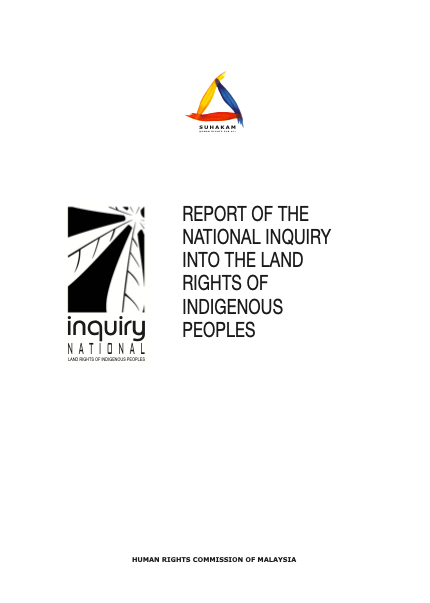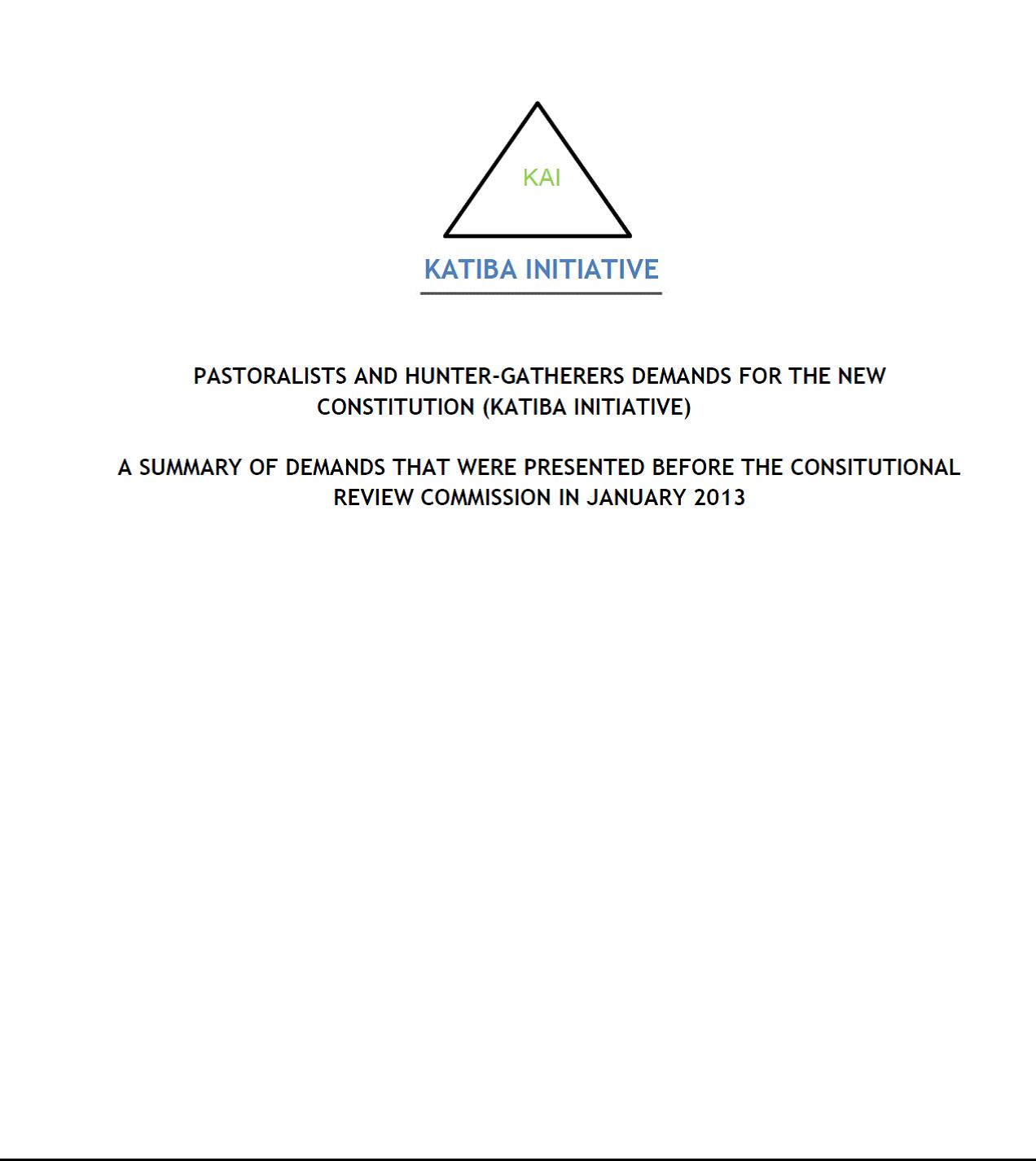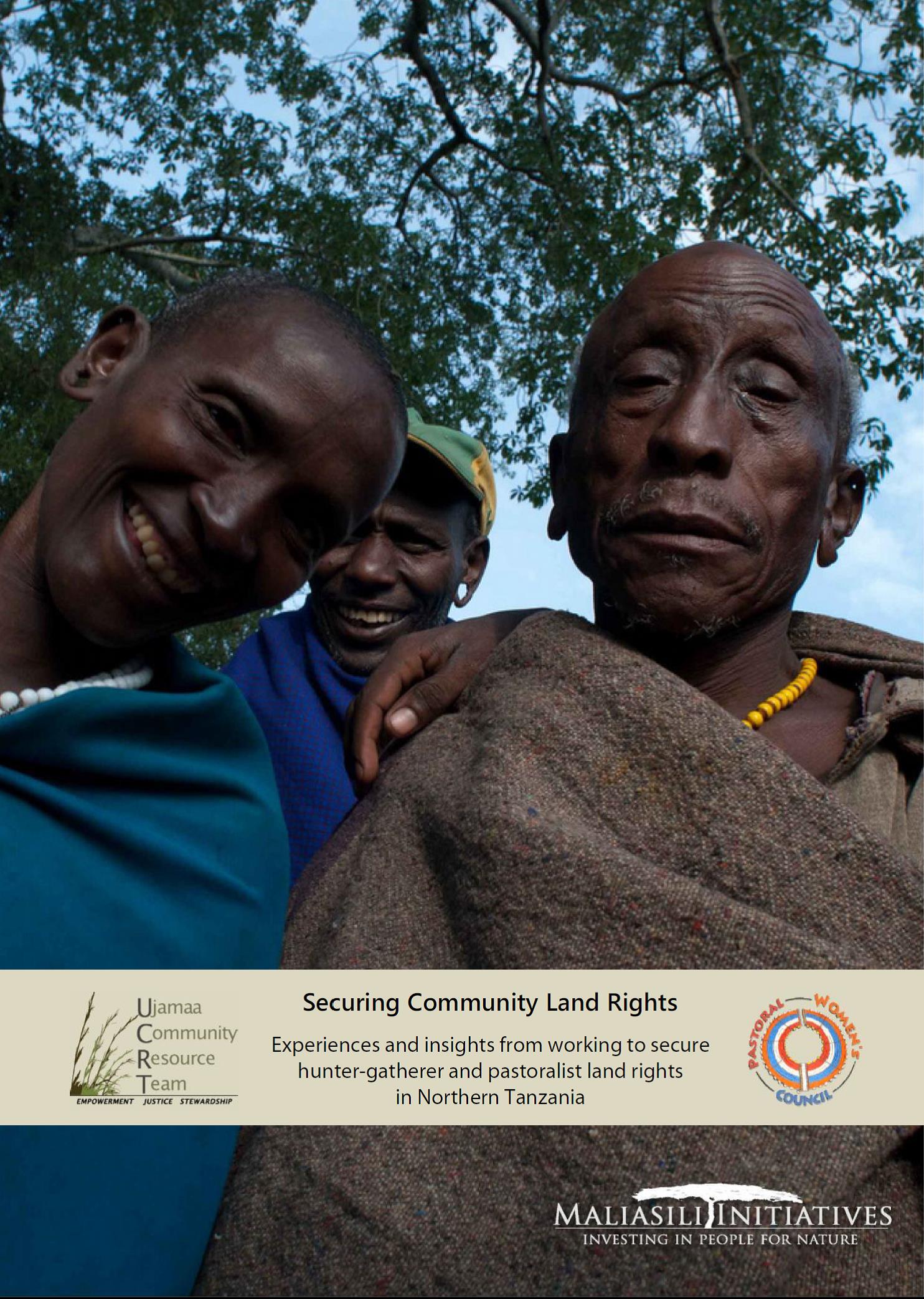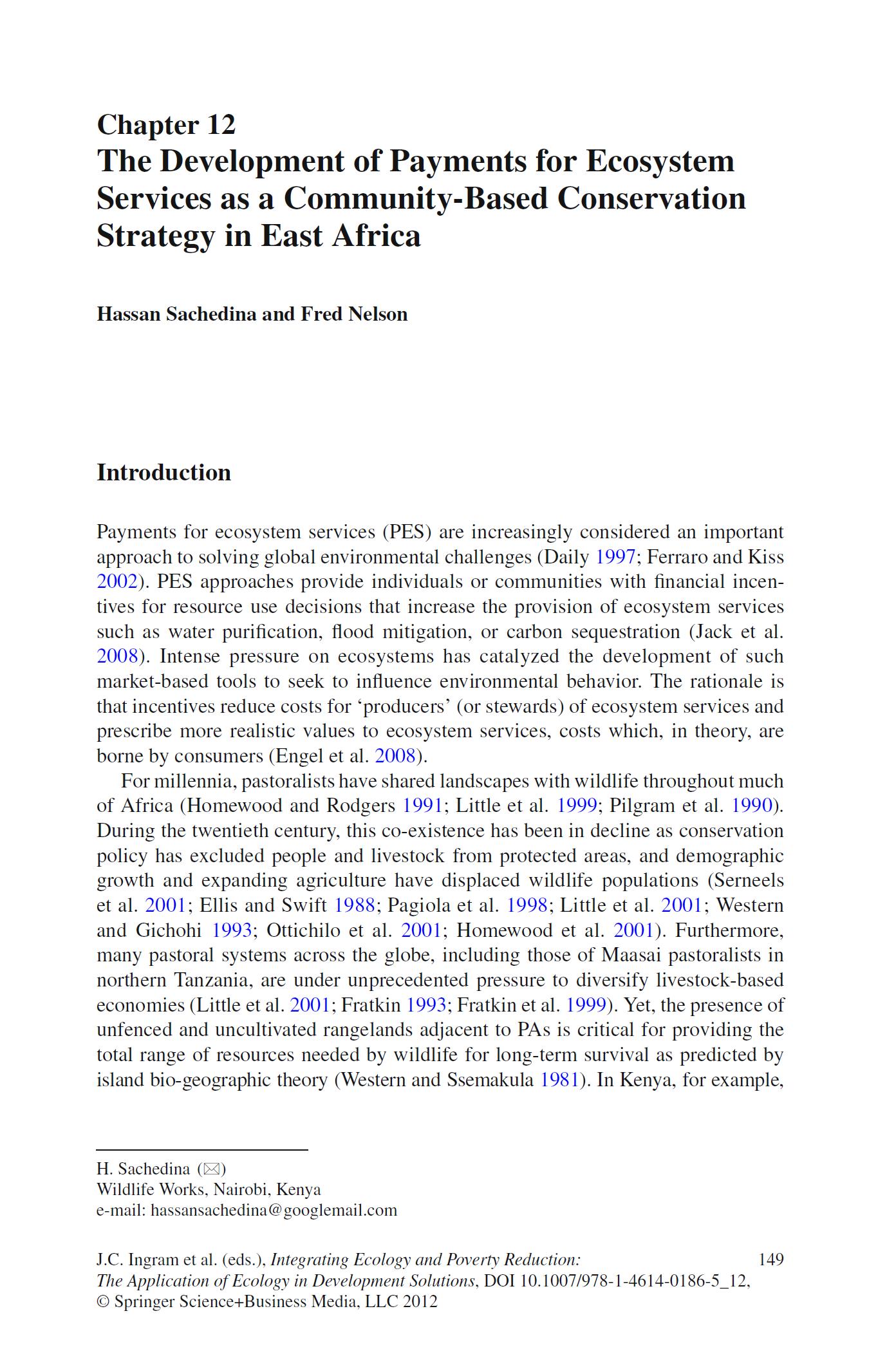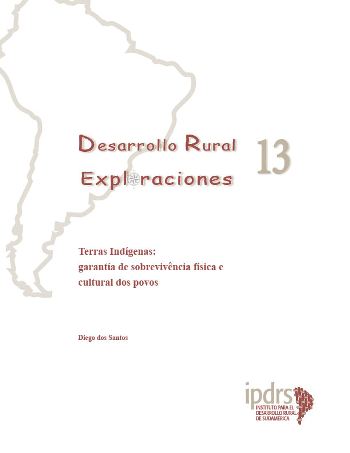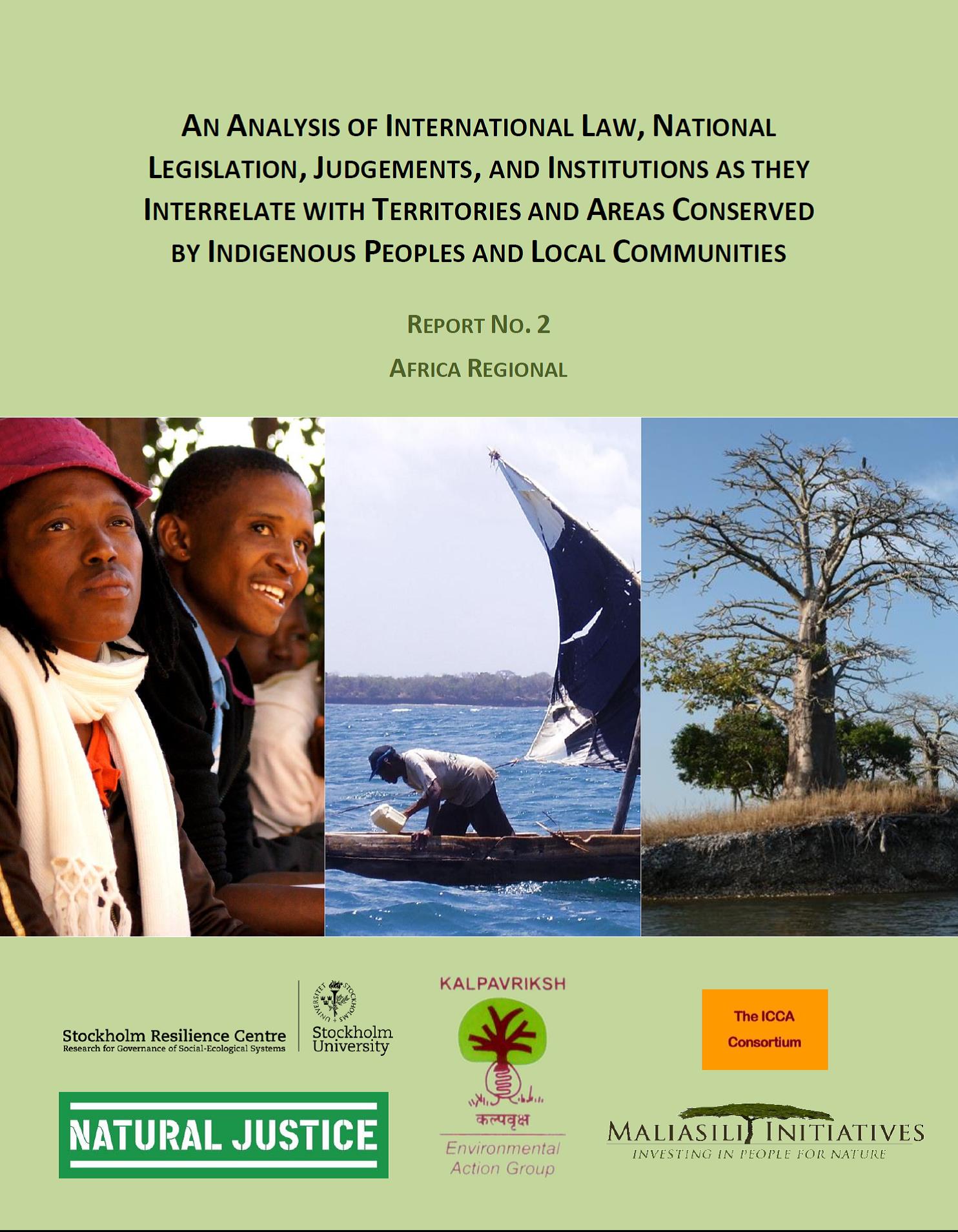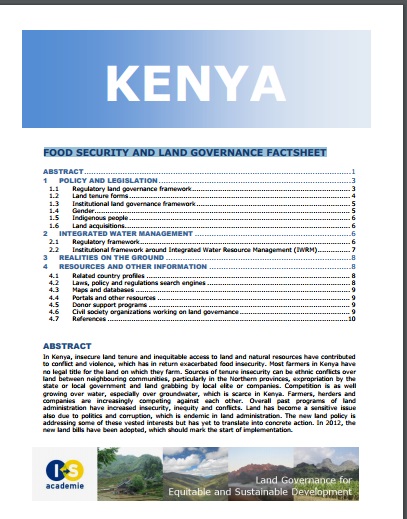REPORT OF THE NATIONAL INQUIRY INTO THE LAND RIGHTS OF INDIGENOUS PEOPLES
ABSTRACTED FROM EXECUTIVE SUMMARY: Since its establishment in 1999, the Human Rights Commission of Malaysia (SUHAKAM) has been dealing with allegations of violations to indigenous customary rights to land, many of which have not been resolved. SUHAKAM in 2010 therefore decided to conduct a National Inquiry into the Land Rights of Indigenous Peoples (the Inquiry) in Malaysia as it is of the view that the issue could not be resolved using piecemeal approaches or addressed on a case by case basis.

